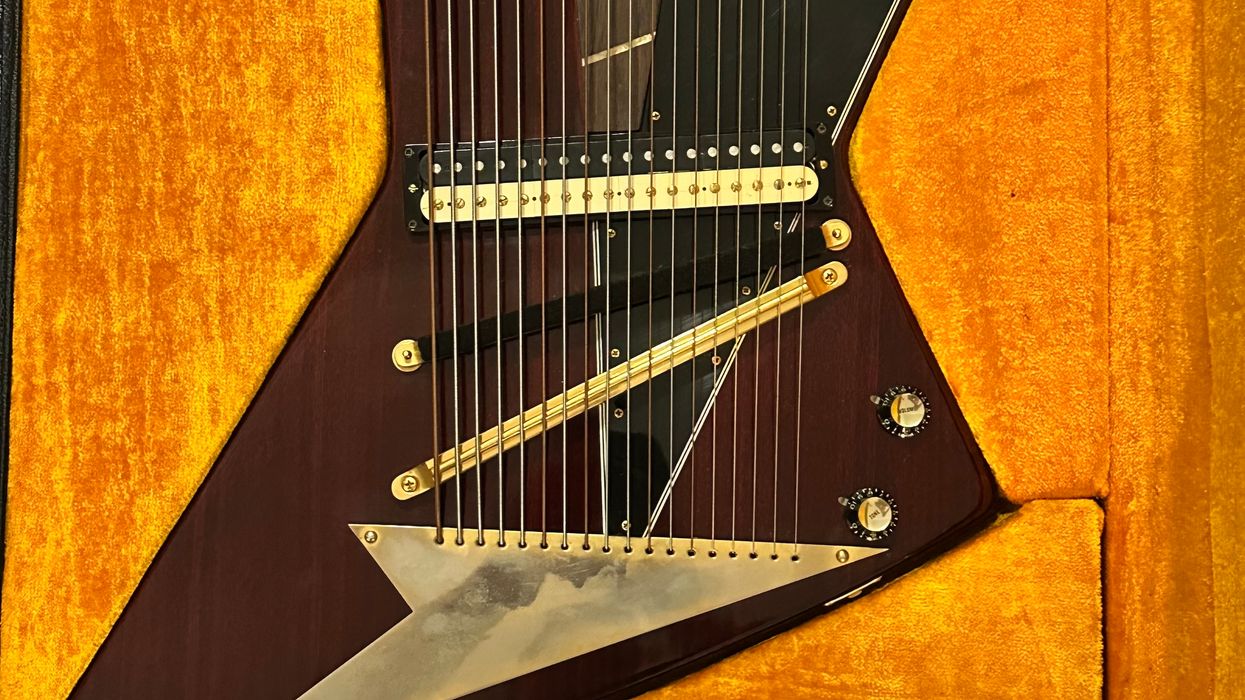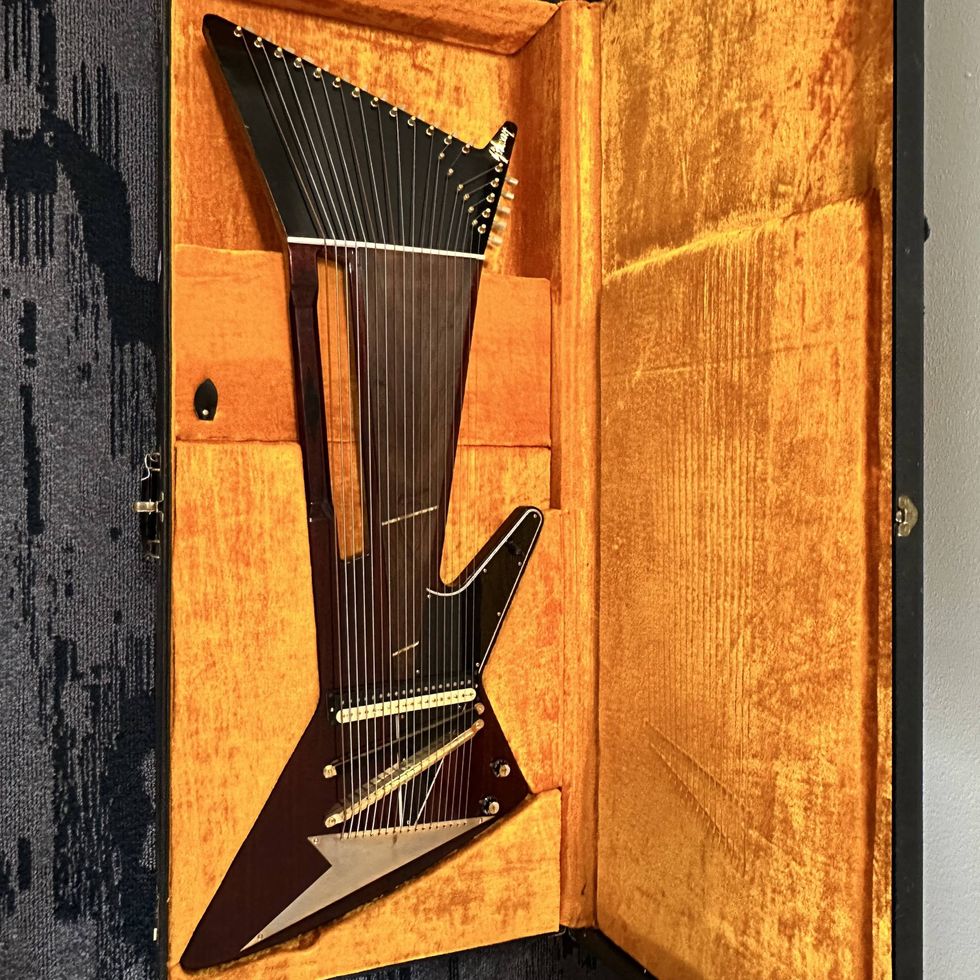The sound of a perfectly tuned exhaust soothes my soul. Dave Grohl has said he gets some of his best song ideas during motorcycle rides.
In previous columns, I’ve talked about using the phrasing and musicality of drummers and guitarists when gathering inspiration for creating a bass line. There is certainly a huge number of great, solo bassists on YouTube, but I think a lot of young bassists might be limiting themselves by only listening to and learning from other bassists. In order for you to be the best and most tasteful bassist possible, it’s important to listen to other musicians to develop all the necessary tools for becoming a great accompanist. I elaborated on this in a column in June called “Developing Your Solo Voice.” Inspiration for me, however, doesn’t end there. This month, I’m going to share a few examples of events and sounds that have inspired me to play bass or play bass differently.
During my late teens and early 20s, I had the fortune to work as an instructor for young kids in rock bands. (If I remember correctly, the ages of my students ranged from 9 to 13.) As tired as I was at the end of a teaching day, I often left inspired by the sheer energy of the kids. More than anything, I was inspired by some of the sounds they were making.
I remember an 11-year-old who played some kind of short-scale, very inexpensive P-style model. He barely knew how to even pluck the strings. In his inexperience, however, he was able to produce a sound that blew me away. He played with his fingers, but his nails were very long—something you don’t often see with bassists. The tiny prepubescent kid miraculously had enough teenage-style angst that he managed to play his bass harder and more violently than most grown-up heavy metal guys.
This force—combined with his lack of proper technique and his long nails—brought a zinging sound out of the strings I had never heard before. I guess you could call it a bastardized version of John Entwistle’s tone, but it was truly unique. This guy had “played” bass for only a few weeks, but he taught me something. More importantly, he made a sound I was unable to make. I took away the lesson that inspiration can be found anywhere from anyone, regardless of skill or experience level.
I assume I have lots of fellow musicians who are motor heads—maybe bassists especially. The obsession for me mostly extends to motorcycles. The sound of a perfectly tuned exhaust soothes my soul, especially when I’m not performing for several days. There are many variations of precisely tuned exhaust sounds, but, not surprisingly, I prefer one with large amounts of sub lows and not much noise in the higher register. When the “motorcycle bass” sounds just right—which usually means rolling down a hill using the motor for a little bit of braking at low RPMs—the aural pleasure of that engine rumbling is hard to match. The sound shakes my body from the sheer amount of low end, not from volume. Heaven!
This feeling is physically similar to the one I get when I play standing right in front of an Ampeg 8x10, or when I step out front far enough onstage to where I feel the subs of the PA. It triggers an endorphin kick, based on almost violent amounts of low end, that must stem from some caveman instinct. The mechanical chugging of a motor reminds me of Larry Graham’s bass line on Sly & the Family Stone’s classic “Everyday People,” where that root note going on for minutes on end with few variations delivers a primal sensation. Regardless of what it is, it inspires me. Those rumbling sounds shake things up in my creative mind. And I’m not alone: Dave Grohl has said he gets some of his best song ideas during motorcycle rides.
The vocal melodies from artists like Katy Perry, Tove Lo (in photo), Haim, Ariana Grande, and the lesser-known Foxes and Bonnie McKee blow me away. The incredible hookiness of these melodies is essentially what I want in a bass line.
Lots of musicians who aren’t necessarily young anymore tend to complain about “music nowadays.” It’s a whining phenomenon that occurs with every generation reaching middle age. In my case, I puzzle people when I claim the current state of pop music is possibly the best ever. I am completely amazed by the amount of creativity and attention to detail when it comes to melody writing in today’s pop. For an electric bassist, isn’t that inspiration in a very strange place, since most of the music is programmed? Perhaps, but I don’t care.
Most of the music I’m talking about comes from female artists and, yes, they are co-writers on a large amount of the songs. The vocal melodies from artists like Katy Perry, Tove Lo, Haim, Ariana Grande, and the lesser-known Foxes and Bonnie McKee blow me away. The melodies are simple, but absolutely not plain. It’s obvious each note has been labored over. The incredible hookiness of these melodies is essentially what I want in a bass line. As bassists, I think we should all strive for the accessibility and immediacy of pop-classic bass lines found in “Livin’ on a Prayer,” “Billie Jean,” or “Like a Virgin.” Those bass lines are all from the ’80s, but their melodies are on par with those found in female pop lead vocals right now.
Inspiration can absolutely be found in the strangest places, even if they happen to be very mainstream. There really is no substitute for an open mind when looking for your next great—or even historic—bass line.



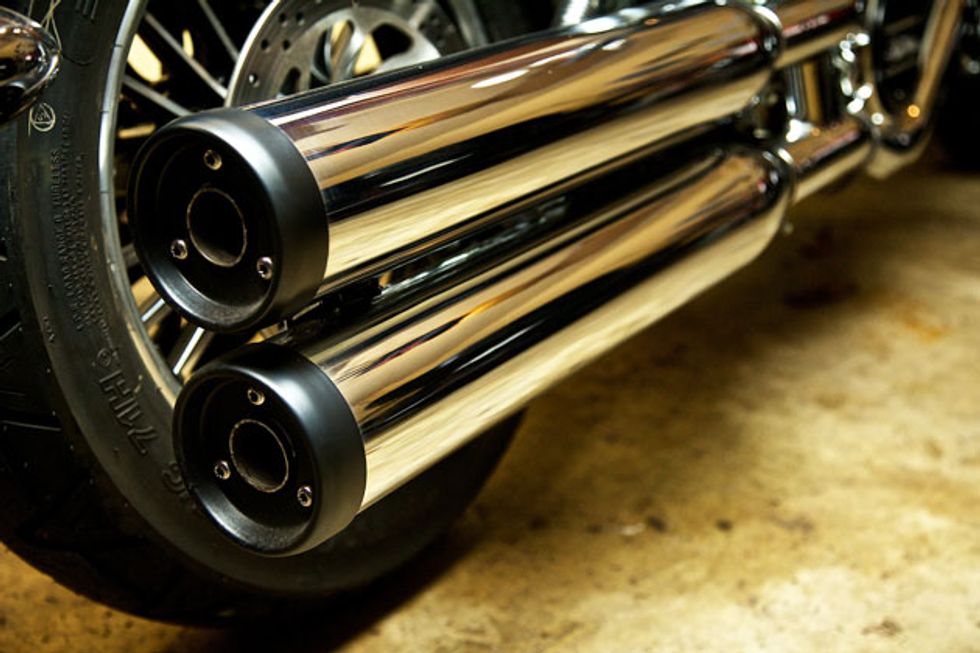

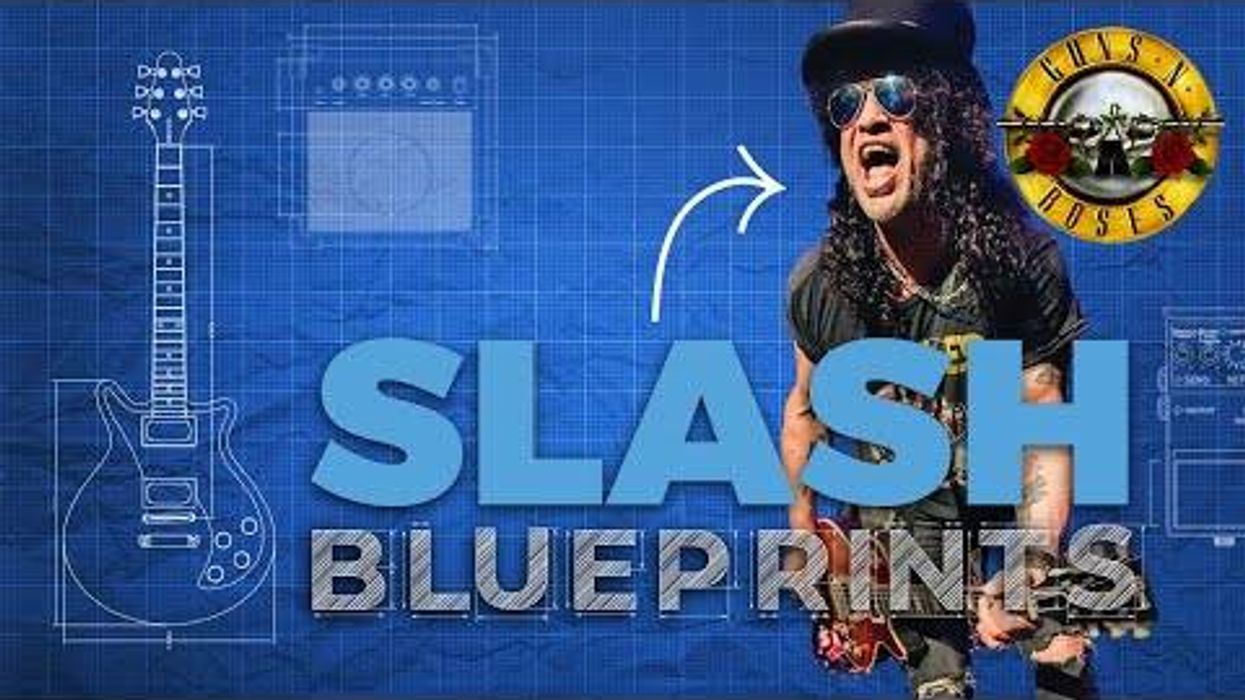

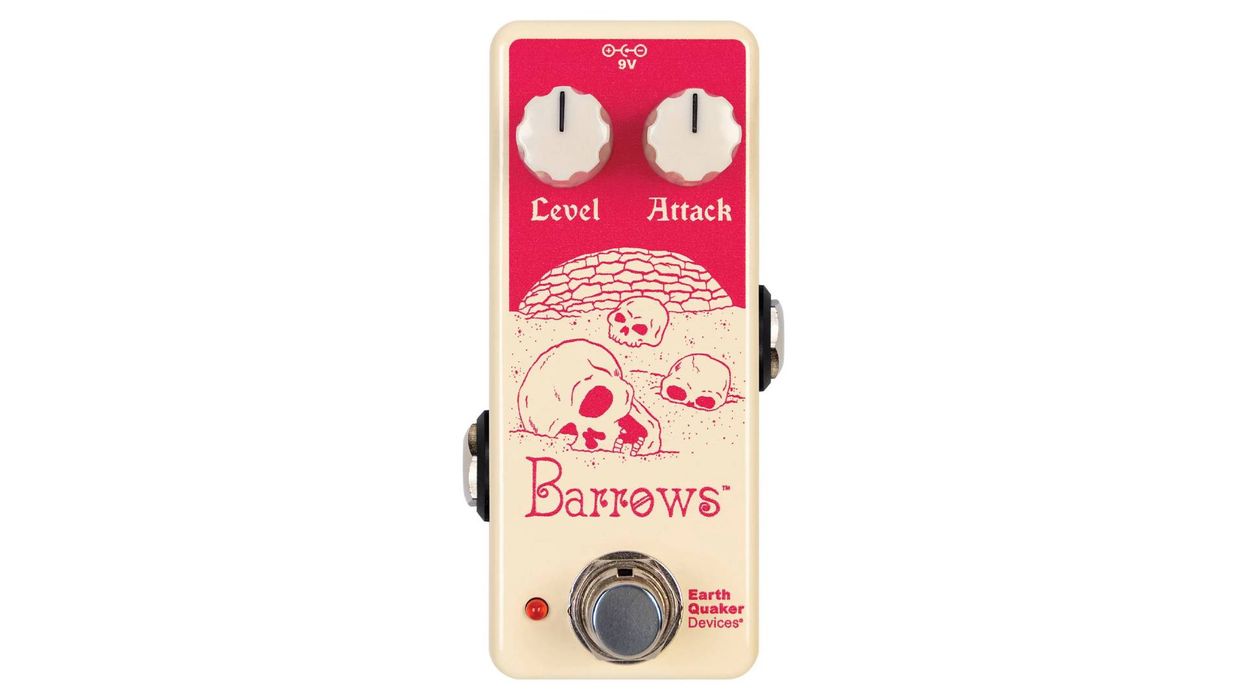

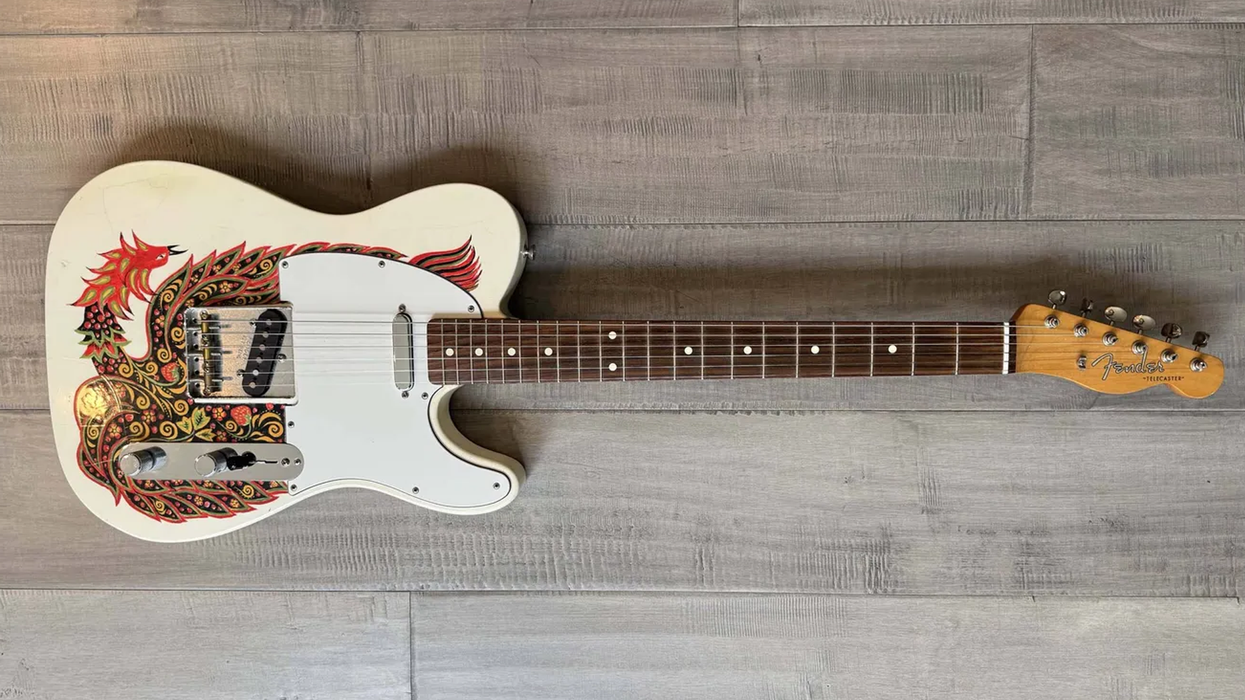
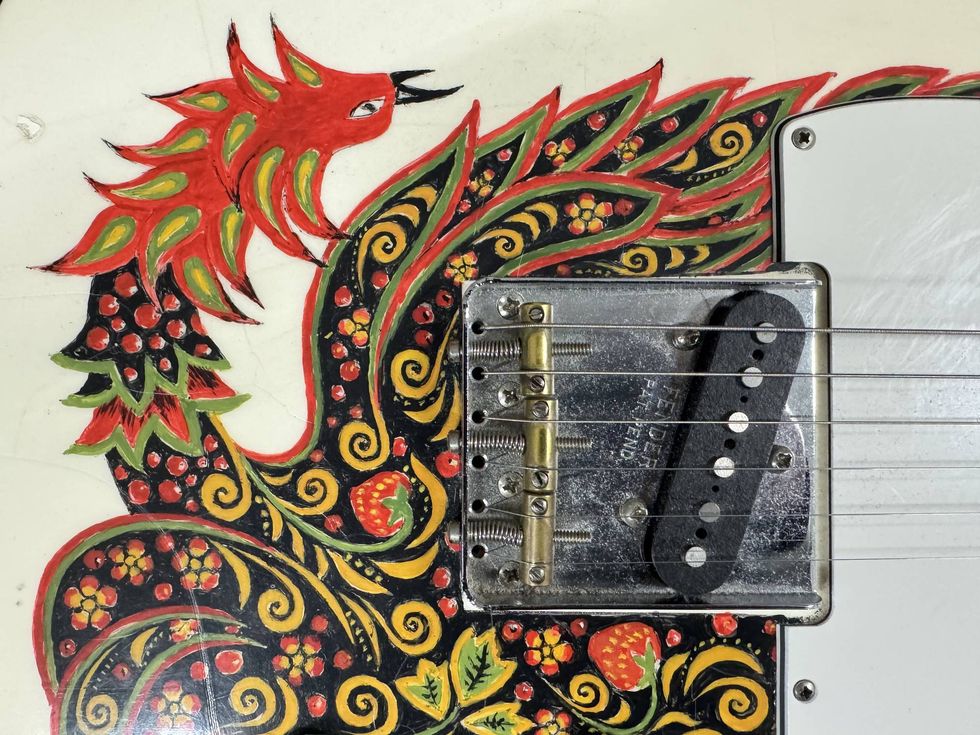


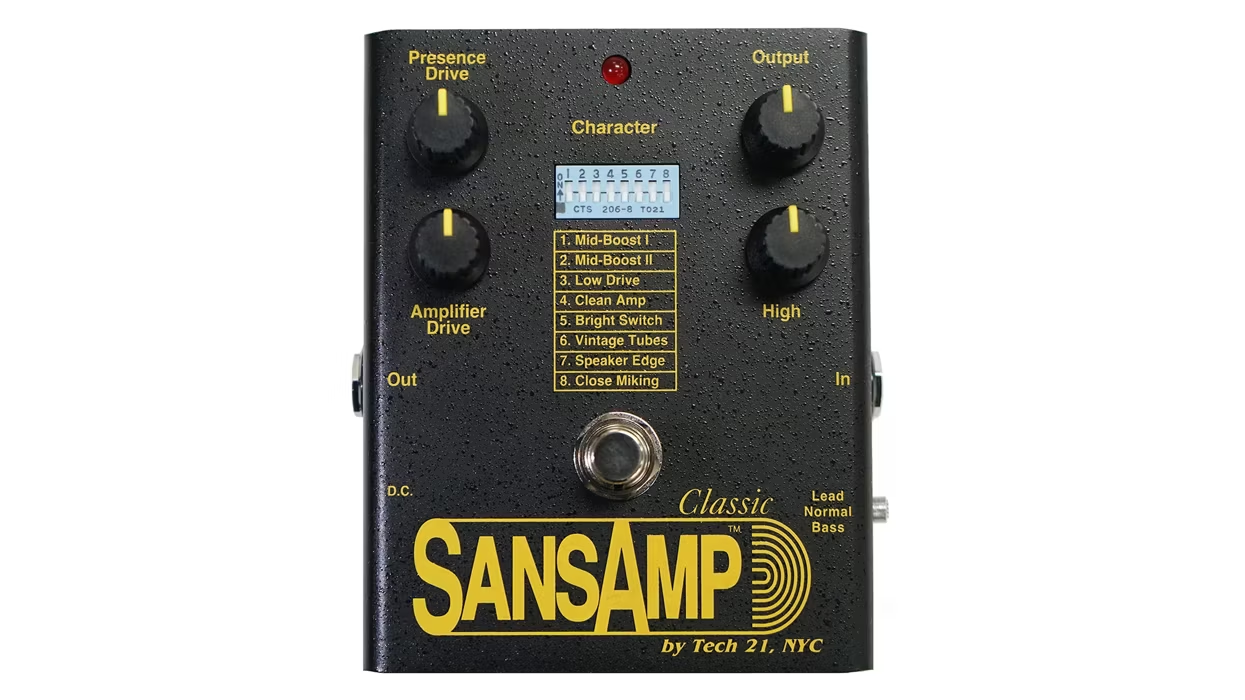
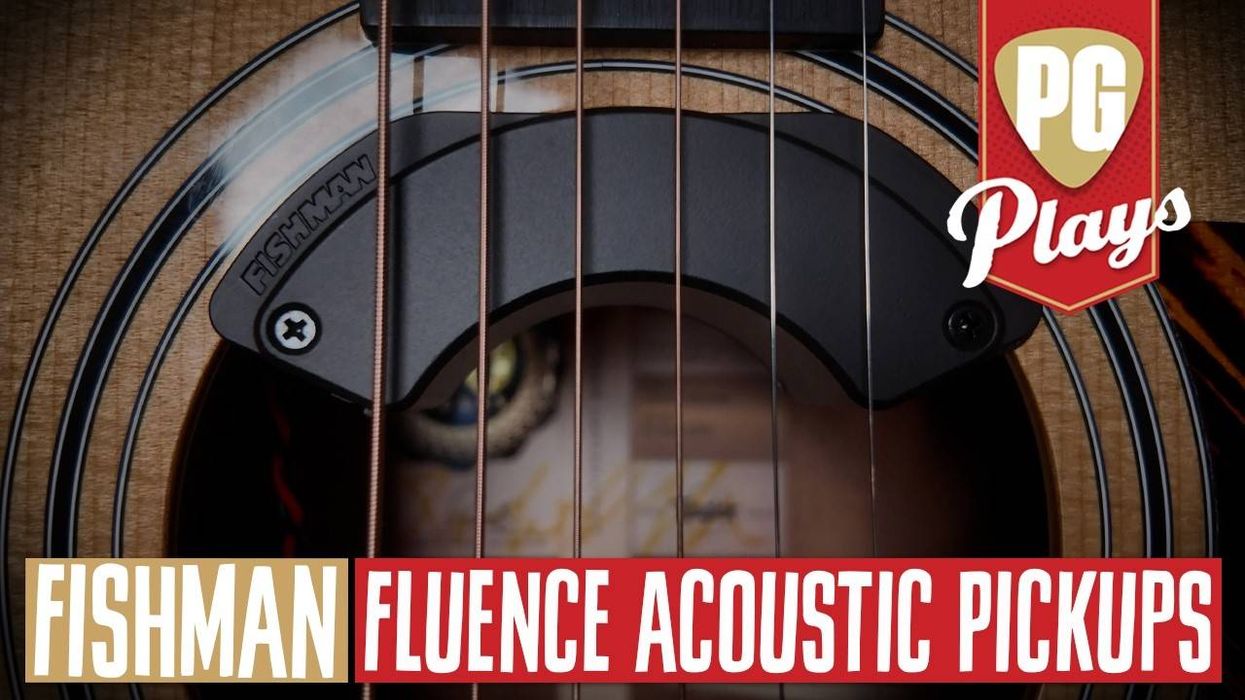
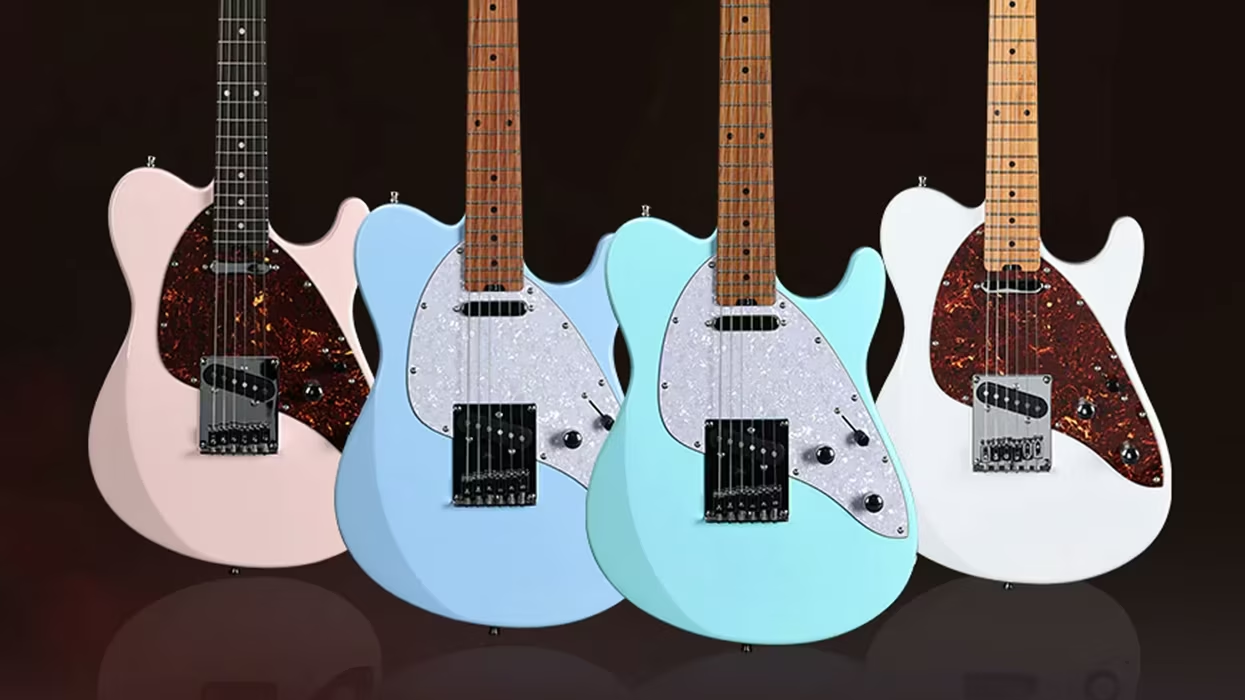
![Rig Rundown: Russian Circles’ Mike Sullivan [2025]](https://www.premierguitar.com/media-library/youtube.jpg?id=62303631&width=1245&height=700&quality=70&coordinates=0%2C0%2C0%2C0)



